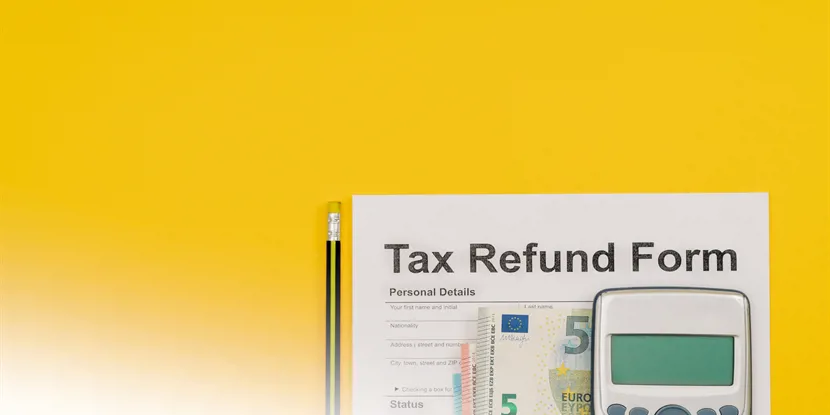Property Tax

What is Property Tax in the Real Estate Sphere?
Property tax is a fiscal imposition levied on immovable assets, such as land and buildings. Typically enforced by local or regional authorities, this tax is pivotal in funding a myriad of public services, from educational institutions and transport infrastructure to essential municipal amenities.
How is Property Tax Calculated?
The calculation of property tax hinges on two primary components: the assessed value of the property and the locally endorsed tax rate. The property's estimated worth serves as the base, and the tax rate is applied to this value. The resulting figure represents the annual property tax obligation for the property owner.
What Impact Does Property Tax Have on the Real Estate Market?
Property tax undeniably shapes the dynamics of the real estate market. In regions with high property tax rates, the allure of real estate might diminish, as the accompanying costs could deter potential buyers. Conversely, areas with lower property tax rates might witness a surge in real estate investments, driving up property values. However, this could also make properties less affordable and potentially less attractive to some buyers.
Could You Offer a Practical Illustration?
Of course! Let's delve into a scenario involving a homeowner with a property valued at $500,000. If this property is located in a municipality with a 1% property tax rate, the homeowner would owe $5,000 annually in property taxes. However, if the same property were in a jurisdiction with a 2% tax rate, the annual tax obligation would jump to $10,000. This stark difference underscores the significance of property tax rates in influencing property ownership costs.
In Conclusion: The Essence of Property Tax
Property tax stands as a testament to the symbiotic relationship between property owners and their local communities. While homeowners contribute to the development and maintenance of public amenities, they also enjoy the benefits these amenities bring. Understanding property tax nuances is crucial for informed real estate decision-making and effective property management.






